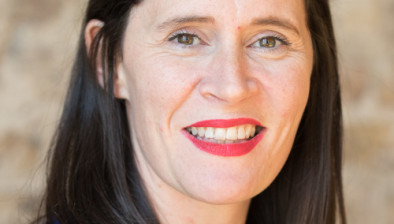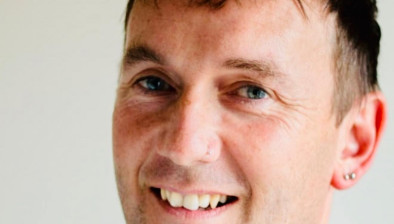ECtHR: Mixed result for Belgium in euthanasia case

The European Court of Human Rights made three findings of no violation and one finding of a violation of the European Convention on Human Rights in Mortier v Belgium – a case in which the applicant’s mother died by euthanasia.
She had not wished to inform her children of her euthanasia request in spite of the repeated advice from the doctors. The court explained that the case was not about whether there was a right to euthanasia, but about compatibility with the Convention of the act of euthanasia performed in the case of the applicant’s mother.
The court then found as follows:
- By a majority, of five votes to two, that there had been no violation of Article 2 (right to life) of the Convention on account of the legislative framework governing the pre-euthanasia acts and procedure. The court found that the statutory provisions on euthanasia constituted in principle a legislative framework that specifically ensured the protection of the right to life of the patients as required by Article 2 of the Convention.
- By a majority, of five votes to two, that there had been no violation of Article 2 (right to life) on account of the conditions in which the act of euthanasia had been carried out in the case of the applicant’s mother. The court took the view that it could not be said from the evidence before it that the act in question, performed in accordance with the established statutory framework, had breached the requirements of Article 2 of the Convention.
- Unanimously, that there had been a violation of Article 2 (right to life) on account of the post-euthanasia review procedure.
- The court found that the state had failed to fulfil its procedural positive obligation, on account of the lack of independence of the Federal Board for the Review and Assessment of Euthanasia and the length of the criminal investigation in the case.
- By a majority, of six votes to one, that there had been no violation of Article 8 (right to respect for private and family life). The court found that the doctors assisting the applicant’s mother had done everything reasonable, in compliance with the law, their duty of confidentiality and medical secrecy, together with ethical guidelines, to ensure that she contacted her children about her euthanasia request.
Robert Clarke, deputy director of ADF International, who represented Tom Mortier, said: “It is unfortunate that the court dismissed the challenge to the Belgian legal framework; however, the takeaway is that the ‘safeguards’ touted as offering protection to vulnerable people should trigger more caution toward euthanasia in Europe, and the world.
“The reality is that there are no ‘safeguards’ that can mitigate the dangers of the practice once it is legal. Nothing can bring back Tom’s mother, but we hope this decision offers Tom some small measure of justice.”








